eSpida delivered a project that was just as effective and arguably more personalised than we would have received by going to some of the bigger vendors. As a small or medium sized business it can often feel like you’re just a number to many large businesses, so working with a like-sized business feels more like working with a partner.
THE COMPANY
UK-based travel management company Hillgate Travel offers a suite of online systems designed to help businesses manage their corporate travel programmes. With offices in Newport, High Wycombe and London, the company recognised the need to move its data transactions — the units of information it processes — online.
“We were 11 per cent online when I joined the business four and a half years ago,” explains Antoine Boatwright, Chief Information Officer at Hillgate Travel. “The demand in the marketplace provided us with an ambitious plan to double the size of the business. We’ve been very successful and, in terms of the number of transactions, we’ve gone from 11 to 60 per cent online in four years.
“Our customers are businesses that might be managing hundreds of individual travel bookings at any given time. This means they need to be able to oversee the live availability and prices for all their enquiries. This includes information such as flights, hotels, baggage and seating allocations, as well as ancillaries such as taxis, airport transfers and railway connections.”
Hillgate Travel manages this process using a range of bespoke dashboards that allow business customers to manage journeys from start to finish. Customers can use a command centre to make, monitor and modify individual bookings. The company’s ability to automate ticketing and other workflows is essential to the way it operates.
To do this, Hillgate Travel needs to maintain uptime around the clock. Even a few minutes of downtime could have a knock-on effect on customer bookings; for a sector that relies heavily on reputation and customer satisfaction, it is essential to avoid downtime.
“To facilitate our ambitious growth plans and deliver the highest levels of IT security and availability, we identified the need to bring in a strategic partner,” says Antoine. “The biggest challenge we had was that, while we were undertaking a programme of change that would see us competing at the highest level in the travel management market, we had to cause minimum disruption to uptime and complete the project to a strict budget.
“We had already consulted some of the industry’s biggest vendors and although some of the proposed architectures looked great, they were uneconomical from a price point — often quoting prices that were many hundreds of thousands of pounds — or required a complete overhaul to our existing system; something that we simply couldn’t do without causing significant disruption.”
With eSpida’s services ranging from technical consultancy to complex IT project management, Hillgate Travel selected eSpida to help fulfil its project requirements.
WHAT WE DID
“From our preliminary conversations we knew that Hillgate Travel wanted to focus on three areas: scalability, availability and security,” explains Nigel Crockford, Business Development Manager at eSpida. “We started by carrying out a feasibility study, to get a measure of the existing infrastructure.
“Following this, we discussed a suitable architecture for the business that took into consideration any dependencies, constraints and assumptions. We then agreed what equipment would be required and what the project would look like.”
The resulting project consisted of two parts. The first was a virtualisation and consolidation project. This effectively sought to increase the computing power density of the existing equipment based on its footprint and size, maximising efficiency and minimising rack space. The second part of the project is an ongoing move towards co-location — renting server-space in a managed data centre.
For phase one, the initial assessment of Hillgate Travel’s existing IT infrastructure showed that the company was using a mix of operating systems across platforms such as Windows and Linux. With cost in mind, the companies discussed the option of going down an entirely open source technology route.
“We looked at whether open source could play a role,” explains Antoine. “We had an interesting discussion because, on the application and server cluster, we thought about using an open source hypervisor — the virtual machine monitor (VMM) system responsible for running the virtual machine. Although this was tempting, in reality we found that it would take too much time to train our staff to use it, which is why we ultimately went with a VMware solution.
“However, on the SQL cluster we took a different approach. Here, we found that we could indeed go open source. We went with SIOS Protection Suite for Linux (formerly known as SteelEye LifeKeeper) which offers integrated data replication, high availability clustering and disaster recovery. With this, we were able to achieve an active-passive cluster rather than an active-active one.
“We used this to reduce licensing costs. Because LifeKeeper’s active-passive setup acts as a failover, only one node is active at any given time. When the next cluster is switched on, the old one is switched off. This means we only need to have one set of licenses active at any time.”
RESULTS
The results of phase one have been a resounding success. The company has practically eliminated downtime and has improved its volume of server transactions and business revenue.
“We haven’t had a single significant outage in the last 12 months,” says Antoine. “During this time, the cluster has failed-over about six times resulting in no more than a few minutes of lost time. We can also now patch our servers without incurring downtime.
“The system is also more powerful and efficient. We can commission gold-image clones of our virtual machine in less than thirty seconds and commission new projects we’re working on in just a few minutes thanks to multiple virtual processors with the equivalent RAM of 35GB.
“The biggest result of all the changes that we’ve made with eSpida’s help is that we’ve been able to grow our online server transactions three-fold and double business revenue compared to four years ago.”
The system is also more secure. The online programmes are supported by a reverse proxy programme that can channel network traffic and the transition also involved cloud migration as well as the move to Office 365.
The second phase of the project, involving co-location, is now underway. The company reduced its server footprint from four 42U racks housing some 35 servers, to just one 42U rack. This consolidation will result in a much lower annual co-location cost, which will add to the already considerable cost savings the company made during phase one.
“Our work with eSpida provided us with significant cost savings compared to the alternative options we considered,” continues Antoine. “Our total cost was roughly a quarter of what we would have had to pay otherwise.
“Despite the low cost, eSpida delivered a project that was just as effective and arguably more personalised than we would have received by going to some of the bigger vendors. As a small or medium sized business it can often feel like you’re just a number to many large businesses, so working with a like-sized business feels more like working with a partner. We didn’t feel pressured to buy any one brand and we were given the best-in-class level of security at an achievable cost.
“On top of this, the migration strategy was stable, providing a phased transition that allowed us to make changes to our servers and communications network without causing disruption. eSpida also gave us a smooth handover and provided us with some up-skilling to help in the long term. While our in-house IT experts are very skilled, they are often specialists in one or two specific areas. Despite the size of the company, eSpida has a broader skill set than we expected.”
As competition in the travel market heats up, companies will have to do more, with less, to achieve a leadership position. Offering flexible all-in-one packages is only the start. Antoine concludes, “To truly drive online adoption, companies also need to consider the role of their IT infrastructure in delivering round-the-clock availability, security and scalability – something Hillgate Travel, with the help of eSpida, is proud to have under control.”
CASE STUDIES











